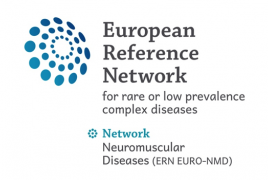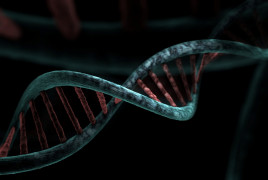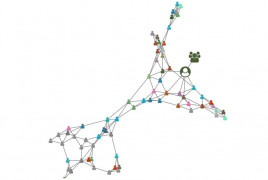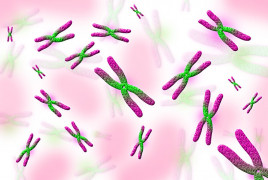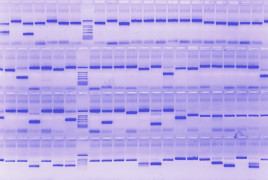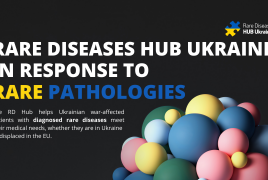A carer for family members with myotonic dystrophy talks about the challenges of diagnosis and living with this rare disease
Nicky is a carer for six family members across three generations who have a diagnosis of myotonic dystrophy. Like many families, they had been living with the wide range of symptoms associated withEURO-NMD – An overview of European Reference Network for neuromuscular diseases
A staggering 7000-8000 rare diseases affect the daily lives of around 30 million people across the European Union. Even though EU citizens benefit from improved access to healthcare throughout theGene therapy for congenital muscular dystrophy tested for the first time in patients' cells
Within neuromuscular diseases, there is a broad group of low prevalence disorders known as congenital muscular dystrophies, which shown both clinical and genetic diversity. Symptoms usually appear atShare4Rare and CIBERER join forces to identify patients with rare diseases
CIBERER and Share4Rare have established a collaboration agreement to boost rare disease research. As a secure digital platform open to patients and caregivers from all over the world, Share4RareRDI and EURORDIS Webinar: The Fundamentals of International Advocacy for Rare Diseases
Sometimes we want to give a helping hand, but we are not sure where we should be focusing our efforts. To fight for patients and caregivers' rights, rare disease advocates must learn basic skills andSheonad Macfarlane, mum of a girl with SMA: “Over time, you become an expert on your child’s condition”
“ Eilidh was a perfect little baby. She reached her milestones on time until she started - then promptly stopped – crawling. Eilidh wasn’t moving like other 10-month-old babies: she now hated being onThe new “People Like Me” version in the Share4Rare platform
The goal of Share4Rare is to advance the knowledge of rare diseases through collaborative intelligence. This approach assumes a philosophy based on equity, in which the more information the userTips for preparing your summer holidays
Many families will have already started the summer break period. Occasionally, if you do not prepare on time everything you need for your trip, holidays can be more of a nightmare than a period ofRare Diseases Hub Ukraine in response to rare pathologies
It is estimated that there are around 2 million patients in Ukraine suffering from rare diseases. This situation has been exacerbated by the crisis resulting from the war. Rare diseases affect 5 out


